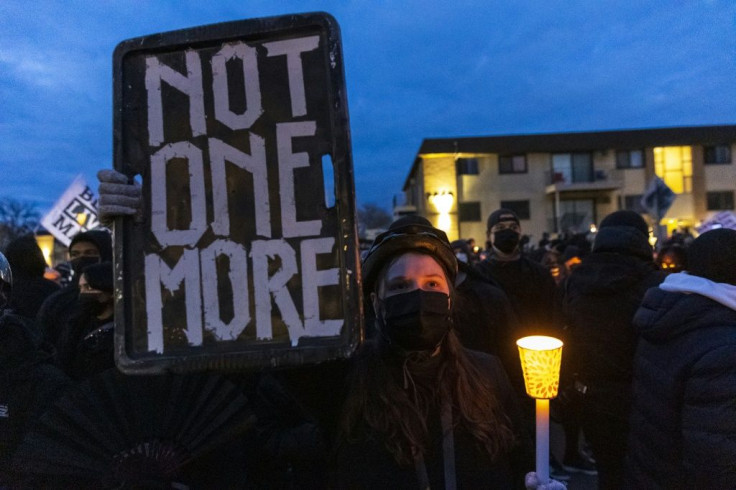Merrick Garland Unshackles Justice Department To Deal With Police Misconduct
Attorney General Merrick Garland has given the Justice Department permission to resume imposing consent decrees when it finds civil rights violations by local law enforcement. In a Friday memo, Garland let Justice Department personnel know they once more have access to the legal tool.
Consent decrees are agreements imposed and lifted by courts when a federal investigation finds violations or widespread misconduct by state or local law enforcement.
They’re serious business: after the 2014 shooting of Michael Brown in Ferguson, Missouri, a 2016 consent decree mandated widespread reforms of the city’s police department.
The made them a target for the Trump administration. Then-Attorney General Jeff Sessions imposed strict guidelines in 2018 on when they could be issued and what they could do. Consent decrees were then required to get executive approval and needed to come bundled with an expiration date.
Joe Biden made undoing those changes a campaign promise as part of his broader stance on police reform.

It comes at a time when federal leadership is badly needed. Communities across the country have been engulfed by wave after wave of police killings coinciding with the murder trial of Derek Chauvin, the policeman who fatally pinned George Floyd’s neck with his knee for almost ten minutes.
Chicago police released video Thursday of 13-year-old Adam Toledo being shot by police while complying with instructions to show his empty hands.
The Biden administration, however, has declined to take decisive action until now. This week a promised commission to investigate police oversight was put on hold in favor of legislative solutions.
© Copyright IBTimes 2025. All rights reserved.





















